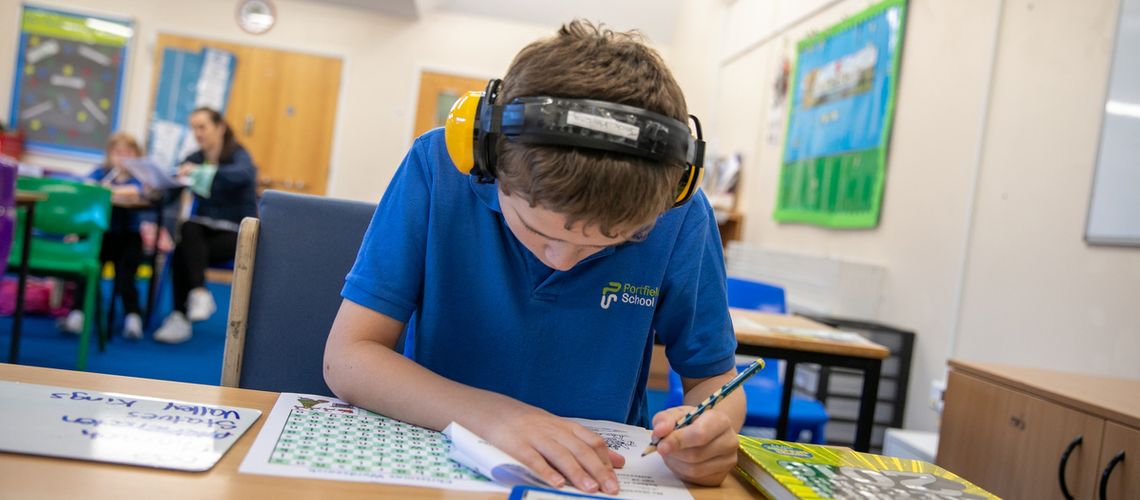“Accept Our Autism”

To mark World Autism Awareness Day we have launched an Amazon Wish List campaign.
2 Apr 2021
Following the success of our Christmas Wishes campaign – thank you to everyone – we are again looking for your support in giving our children and adults individual gifts that help them develop their unique strengths and cope with the individual challenges they face living with autism.
To coincide with World Autism Awareness Day, we have launched another Amazon Wish List campaign which moves away from raising awareness, and instead focuses on encouraging people to increase their knowledge and understanding of autism, with the aim of helping communities become more open and accepting.
We know from conversations with the autistic community that lots of people want to highlight the many different ways that autism can present itself and what ‘dealing’ with it might look like. So what better way than to share with you a list of items that act as comforters, support mechanisms and educational tools and how and why they are used by those living with autism.
The list has been carefully created by our care teams and teachers and contain over 70 types of items that are used across the service on a daily basis and not covered by statutory funding. Priced from £3.99 up, you can support our children and adults by adding one or more of these items to your Amazon shopping cart which will be sent directly to us.
The what, the how and the why… Here are just some of the reasons why items on our Wish List would be greatly received by our service users at Autism Unlimited:
Reduce anxiety Weighted items such as blankets, shoulder pads and lap pads provide deep touch pressure, a type of therapy that is scientifically proven to have a calming effect and aid the release or serotonin – the key hormone that stabilises our mood. These items can be used to reduce anxiety, improve sleep and help maintain focus in lessons.
Self-stimulation The repetition of physical movements and noises is often called stimming and many autistic people use this method to help them manage their emotions. Some people do this through chewing or biting non-edible objects while others need to keep their hands busy to relieve stress. Items such as chew toys and fidget spinners act as great sensory filters.
Sensory engagement and management Many autistic people suffer from hyper-sensitivities to light, noise, smell, taste and texture and are often managed with sensory toys and aids. Anything that engages the senses works well, like lights and soft textured squeeze toys. Ear defenders are a must-have for autistic individuals with over-sensitivity to noise.
Developing motor skills It’s common for autistic people to experience some sort of gross or fine motor difficulty, ranging from disorientation and clumsiness to handwriting and object manipulation. We use things like yoga balls to encourage balance and introduce lots of sport to help develop gross motor skills, while smaller items like kinetic sand, fidget spinners and therapeutic modelling clay help with fine motor skills.
On top of all that, there are plenty of items that will ensure everyone enjoys some good old-fashioned fun and learning. Accessories like pots, pans and chef hats are used in cooking classes for our life skills students as well as in residential and supported living accommodation. Learning resources like wooden activity tiles, interactive coding games and outdoor play trays are a common feature in every classroom.
If you are willing to put an extra item in your Amazon basket over the coming weeks, you could help make a difference to the life and development of our students and adults. We’ll be sharing more insightful content throughout April to help our supporters better understand how autism presents itself in different ways depending on the individual.






